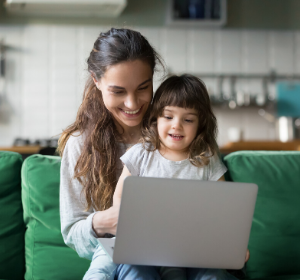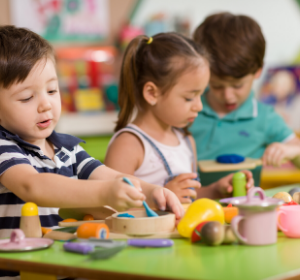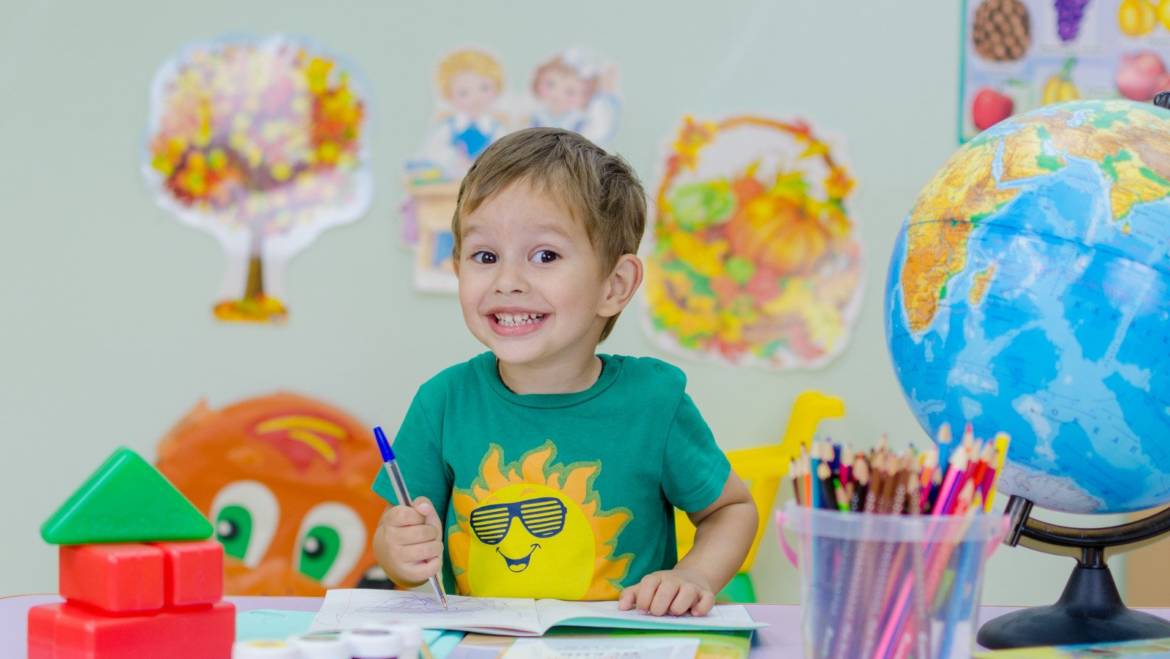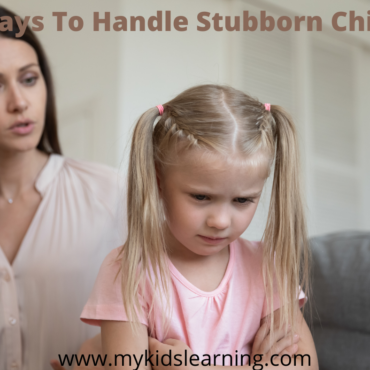Education is very important for holistic development of a child. The sooner they start “schooling” the better is for their higher education. School is the other world than home, where the child is groomed to face the challenges of the world.
However, due to the current pandemic and lock downs, it is not possible to send children to school. Thus, a new concept of online learning or app learning has come in practice. It is a matter of debate, though, whether the app learning is equally effective as traditional schooling or not.
APP LEARNING IS USEFUL UNDER CURRENT SITUATION:-
- Under current situation of Covid-19 where social distancing and home protection is advisable, this app learning or online schooling method is ideal as it does not hinder the learning process.
- This gives the feel of homeschooling and the child can study from the comforts of his / her home, under the watchful eye of the family according to their convenience.
- Since it is “study at home”, the entire exercise of traveling to school is saved and time is not lost.
- It is an app on the phone or tablet. Therefore, the child can repeatedly attend a particular session till it is grasped well.
- The apps are generally developed in an interesting, interactive way so that the child feels engaged and happy while learning.
- As the child is studying at home with the parents, they are well aware of what is being taught / learn and can easily take up the lessons.
- To make learning interesting, the apps contain many activities that the child is required to perform with the help of parents. Thus, it is exposed to new methods of learning through activity based lessons.
- The lessons in the app are developed with the help of experienced preschool teachers. Therefore, the child knows the sequence of learning as would have been followed in school.

What A Child Miss In Study At Home While Learning In App:-
- This is a distant learning process and therefore there is no active interaction with teacher or classmates.
- The child is required to do what is given in the lessons and there is no way to get doubts clarified personally.
- Most of the parents are working couples, so there are fewer chances of them giving full and proper attention to the child’s studies.
- Personal interaction is lacking with teacher or friends. Hence, there are chances of the child losing interest in lessons after some time.
- The activities are expected to be completed with the help of parents / family. In most cases, the work is completed by elders without giving the child an opportunity to display his/her creativity.
- This is a fast advancing technological age, where prime importance is given to all digital media than relying on self ability. The introduction to digital learning from such a tender age mars the creativity and thought process of the children and makes them too dependent on ready made stuff.
- All experiments, activities are recorded and shown. The child is expected to look at that and learn, without firsthand self experience.
- Dependency on apps and digital lessons reduces the interest in actual book reading and gaining knowledge. The innocent, inquisitive nature of the child yearning to explore the wide world is lost as everything is available at the click of the button.

MERITS OF EXPERIENTIAL LEARNING
Apart from the tedious task of waking the child up early for the school and taking it all the way to the institute for a day’s learning, there are more merits to hands-on learning than app learning.
- ”Introduction to “real world: When a lesson is being taught in school along with some demonstrations, the child learns to relate the use of the things in real world and actual life. Since everything is right there in front of them, they are physically aware of what and how of every action that is performed.
- Encourages creativity: Humans are by far very advanced and intelligent creatures. Thus, we should give our brains the opportunity to develop it by engaging in creative activities. In real world, there are many solutions to one problem. From an early age, the child gets encouraged to think in all possible directions to arrive at an easy solution.
- Reflect and learn: When we perform any activity or action, there are bound to be some results and outcome. If the child is involved in the process, then it becomes easy for it to monitor the entire process and analyze the outcome. For example, if the child is being taught about plant growth, then if the entire activity of sowing the seed, watering it and see it germinate and grow is done in front of the class, the child has better understating about it. This is possible through daily observation. Virtual activity and actual activity have totally different impacts on the child’s mind. The latter helps the concept grasped well.
- Right beginning: Preschool stage is the first step a child takes in the wide world of education. This is the formative period and if the child gets proper guidance and firsthand experience of simple things in life, it definitely helps to enrich the mind and gain confidence of facing the world.
- Improved interpersonal skills: In the school, all activities are performed in a group, even if the main conductor is the teacher. Since children work together on a project, there is fair exchange of ideas and thoughts and there is enthusiasm to excel in what they are doing.
- Enhanced attitude towards learning: Since they are interacting in live environment, children get better understanding about things around them. Young minds are very inquisitive and curious to know the various mysteries of the world. When the teacher talks to them and explains their doubts, they have the opportunity to discuss and collect more information. Similarly, when they are assigned any activity and they complete it by themselves under the supervision of their teacher, a simple genuine word of appreciation is enough to boost their morale. This furthers their interest in the studies.
- Preparing to face the world and real life: The world is always throwing challenges at us at every juncture of life. If the children are trained and exposed to real life experiences since early years, it makes them confident and they easily relate to what they study to practical life application. After all, practical living is real living.

Conclusion
Hence, we can say that app learning as well as hands-on learning has its pros and cons. However, as far as traditional schooling is concerned, it is a far more enriching experience than digital world.




